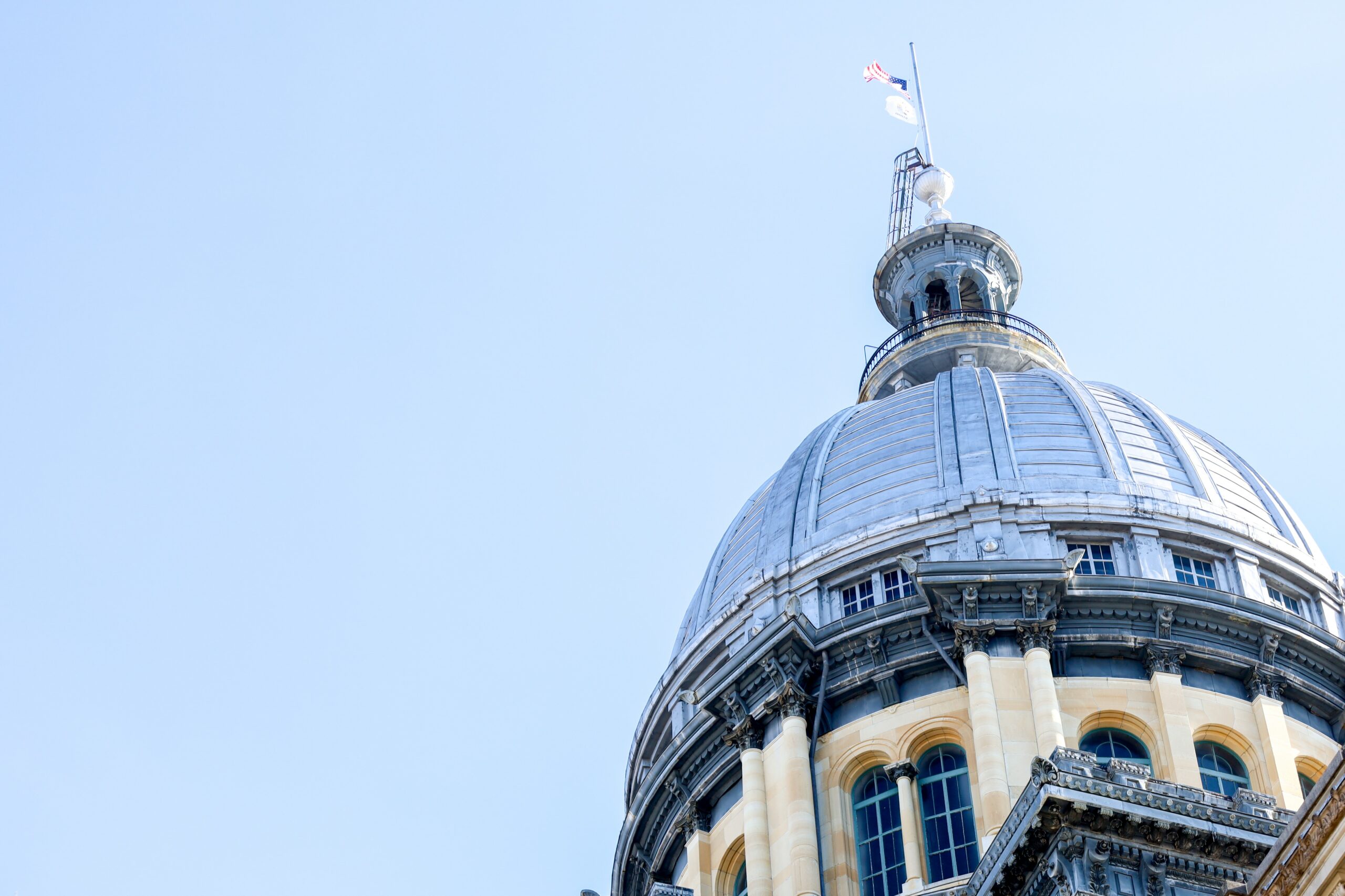Illinois Legislative News: October 7, 2024
Third Reading Consulting Group
SB 2412, a mini-election omnibus that passed the General Assembly in May, will put three non-binding advisory questions on the November 5 election ballot statewide. Given that they are non-binding, the General Assembly has no requirement to enact legislation, regardless of voters’ response. The result at the ballot box is meant to be a jumping off point for legislators to enact future policy.
The advisory questions cover three issues: (1) election interference, (2) property tax relief, and (3) reproductive healthcare. The questions read as follows: “Should any candidate appearing on the Illinois ballot for federal, State, or local office be subject to civil penalties if the candidate interferes or attempts to interfere with an election worker’s official duties;” “Should the Illinois Constitution be amended to create a 3% tax on income greater than $1,000,000 for the purpose of dedicating funds raised to property tax relief;” and “Should all medically appropriate assisted reproductive treatment, including, but not limited to, in vitro fertilization (IVF), be covered by any health insurance plan in Illinois that provides coverage for pregnancy benefits, without limitation on the number of treatments?”
The election interference and insurance coverage for reproductive healthcare questions are mostly responses to the changing national political environment. Alternatively, the property tax relief question is directly related to a legislative proposal from former Gov. Pat Quinn to raise the state’s income tax rate by 3% for all residents with an annual income over $1M.
On September 26, the House Revenue and Finance Committee held a subject matter hearing to consider Quinn’s proposal and other ideas to provide property tax relief to lower- and middle-income Illinoisans. The approach builds off the Property Tax Relief Fund, created in 2021 to provide an annual rebate to county treasurers on behalf of individuals receiving homestead exemptions. While the Fund already exists, it has no regular funding mechanism and has not received a significant appropriation to carry out the intended property tax relief. Quinn believes the 3% millionaire surcharge could fund this program with an estimated $4.5B in annual revenue.
Notably, the Illinois Constitution mandates a flat state income tax rate, which is currently set at 4.95% for individuals. Adding a 3% millionaire surcharge would create a progressive tax structure, requiring a change to the State’s Constitution. An amendment to the Constitution would require a binding referendum to receive the support of three-fifths of all voters on the question or a simple majority of all votes cast in the election. The 2020 election ballot included a similar question for Gov. J.B. Pritzker’s “fair tax” proposal, to create a graduated income tax structure. The fair tax only received the support of 47% of voters, well below the 60% threshold required for passage. If Quinn’s property tax relief question receives more than 60% support in November, the result could be used to justify support for a binding referendum in a future election.
Some have already criticized Quinn’s proposal for being too similar to the fair tax, which is still fresh in the minds of many voters. Quinn’s millionaire surcharge has two key differences from Pritzker’s fair tax. Quinn’s proposal only has two tax rates, one for millionaires and one for everyone else, rather than the six rates under the fair tax. Additionally, Quinn proposes using revenues from the millionaire surcharge to fund property tax relief. Pritzker did not specify how new revenues from the fair tax would be spent, although many advocated for using them to make additional contributions to the state’s pension system.
Besides considering Quinn’s millionaire surcharge, the House Revenue and Finance committee considered two proposals for a circuit breaker program. A circuit breaker is a property tax refund given to lower- and middle-income residents who meet specified criteria. The first proposal from Cook County Board of Review Commissioner George Cardenas (1st District) and aims to provide relief to anyone who pays more than 5% of their annual income to property taxes. The policy is still in the draft stage, but Cardenas suggested a maximum credit amount of $5,000, a maximum income limit of $75,000, and a maximum property value of $350,000 that the credit can be applied to. He did not have a cost estimate at this time, and each of the qualifying factors could be adjusted to increase or decrease the estimated cost to the state. Qualifying taxpayers would receive their credited amount when they file taxes the next year.
Committee members also heard a circuit breaker proposal from Cook County Assessor Fritz Kaegi, which would provide relief to anyone whose property taxes increased by 20% or more in the three years following a reassessment and can pass a yet-to-be-determined means test. Kagei’s proposal is more narrowly targeted at areas of the south suburbs and rapidly gentrifying neighborhoods of Chicago that have seen sudden property tax increases following reassessment. Unlike Cardenas’ plan, Kaegi proposes having the credit be applied to the taxpayer’s second installment. The Assessor’s Office estimates a cost to the state of between $100M and $200M per year.
29 other states and Washington, D.C. have some form of circuit breaker program. Given that the circuit breaker proposals require new funding from the state, they will likely not receive consideration until the FY 2026 budget process, at the earliest.
Important Upcoming Dates – Statewide
November 5 – 2024 General Election
November 12-14 – Veto Session Week 1
November 19-21 – Veto Session Week 2

